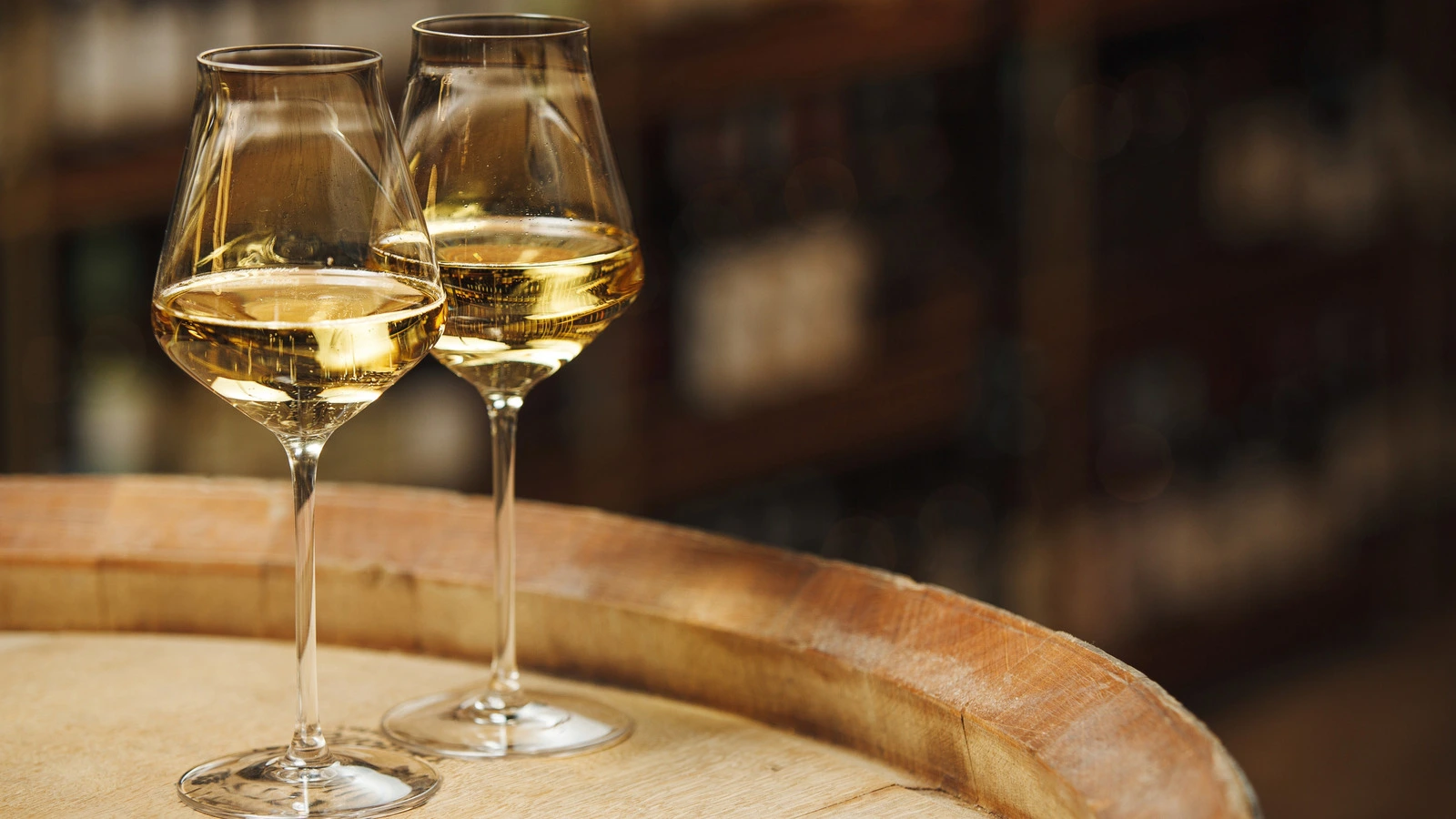I know this is a relatively small culprit in the grand scheme of things, but I figure there are people out there who would want to know about this (lest the Vegan Police remove your vegan powers).
When wines are freshly fermented, they typically have particles suspended in the liquid, like tannins, yeast, and proteins, giving the wine a cloudy look. Over time, these will settle on their own […], but that can be a slow process. So, winemakers often use the fining process to clarify their wine, making it a nice, clear, non-cloudy color. Certain proteins are added to the wine and effectively latch onto those cloudy particles before dropping to the bottom of a wine barrel, where they can be filtered out. It’s these proteins that are the culprit here: The most commonly used fining agents are milk or animal proteins (specifically casein and gelatin), isinglass (a gelatin derived from fish bladders), and albumin (from egg whites). […]
There are vegan-friendly fining agents, like activated charcoal and bentonite […]. To confirm whether a wine is vegan, you may need to contact the winemaker or company directly. You can also consult a certification organization called BevVeg, which lists legitimate vegan wines. Alternatively, if wines are labeled as “unfined” or “unfiltered,” this means that no fining agent has been used, so it should be a safe bet.



Same with beer. Fortunately there’s a great website at https://barnivore.com which lists alcoholic drinks from tonnes of manufacturers and details their vegan-or-not-ness. An invaluable resource for veegs who like booze.